
High blood pressure usually shows no symptoms, and most of the people don’t even know they suffer from this condition until it shows some obvious signs that are, unfortunately, connected with serious damages to their heart or brain. High blood pressure is often called "the silent killer" because symptoms develop gradually and only way to know if the patient suffers from high blood pressure, is to get tested. However, some mild symptoms might be present, such as: dizziness, palpitations, excessive sweating and headaches.
Understanding the risks
More than 50 million of adult Americans have high blood pressure. Some studies show that one in four adults has high blood pressure levels. For elderly population aged 70 or older, this number rises up to two of three. It is a serious condition can affect patient’s vital organs and general health. It may do the damage to the heart and other organs and may even lead to life threatening conditions such as heart disease, stroke or kidney failure.
Blood pressure is the pressure passed on by circulating blood upon the walls of blood vessels. It is recorded as two numbers - systolic and diastolic pressure. Systolic pressure is the pressure as the heart beats, while diastolic pressure is the pressure as the heart is resting between beats. High blood pressure is defined by readings over 140/90.
In the elderly population only systolic pressure may be elevated, while in young population often has higher diastolic levels, because their heart pumps harder.
Risk factors for the elderly
Approximately 60% of Americans older than the age of 60 have high blood pressure. The trouble is that only a small portion of population is aware of it and treats this serious condition. Risk factors for mounting hypertension are most commonly obesity and family history.
Treatment
There is a great number of safe and effective medications available for the senior patients. A few decades ago many of the medical solutions could prove risky for the elderly population. It might be interesting to note that older patients usually respond to treatment even better than the young patients. Special treatment of seniors considers at least two or three daily blood pressure readings at different times, since they often have fluctuations in blood pressure during the day. Medications should be adjusted to these bodily fluctuations. Blood pressure reduction in old patients should be introduced gradually, to avoid lowering blood pressure too much. This might be very dangerous and lead to falling.
Some studies show that treatment with medications that lower blood pressure lessens the risk for strokes and heart failure by 35%. Additionally, the occurrence of other cardiovascular failures (heart attacks) can be reduced by 20%. Patients should always consult their doctors before starting a treatment plan.
Prevention
Hypertension usually cannot be cured, but it may be prevented. It divides in essential and secondary hypertension. The cause of essential hypertension which occurs in 90-95% of cases is unknown, yet is generally considered it results of bad living habits: sedentary life, obesity, smoking and alcohol use. It may also be inherited. The outstanding percentage of cases is usually caused by kidney problems, hormonal disorders or drug interactions. Prevention plan will usually rely on the adoption of a healthy lifestyle and medications.
Patient will be advised to eat as much fruits, vegetables and low fat milk products, whole grains, poultry, fish, and nuts. Reduction of fats, red meats, sweets and salt (sodium) is a must. Weight reduction and physical activity will certainly improve condition, since blood pressure rises together with weight. Quitting smoking and limiting alcohol intake may also significantly help.



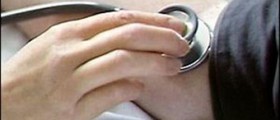

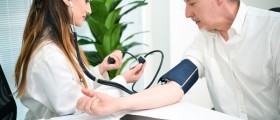
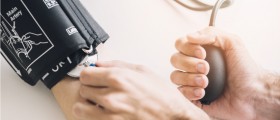
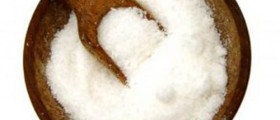
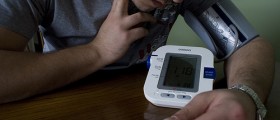
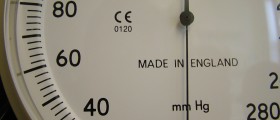
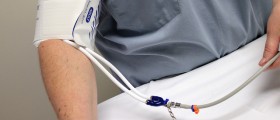
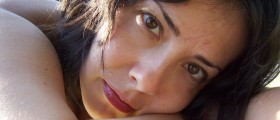
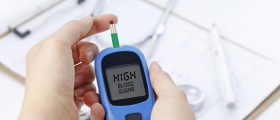

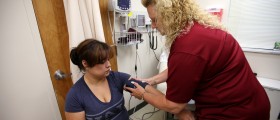
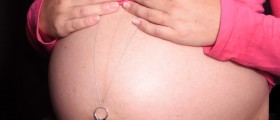
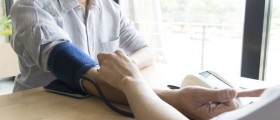
Your thoughts on this
Loading...